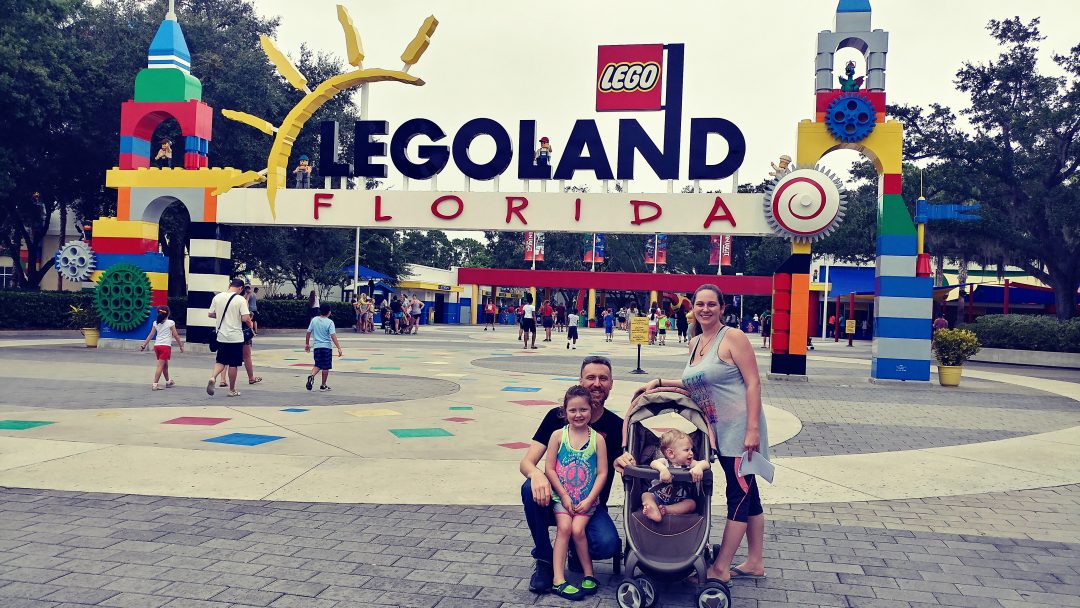Wondering how to plan the perfect trip without feeling overwhelmed? This beginner guide will walk you through it—step by step.
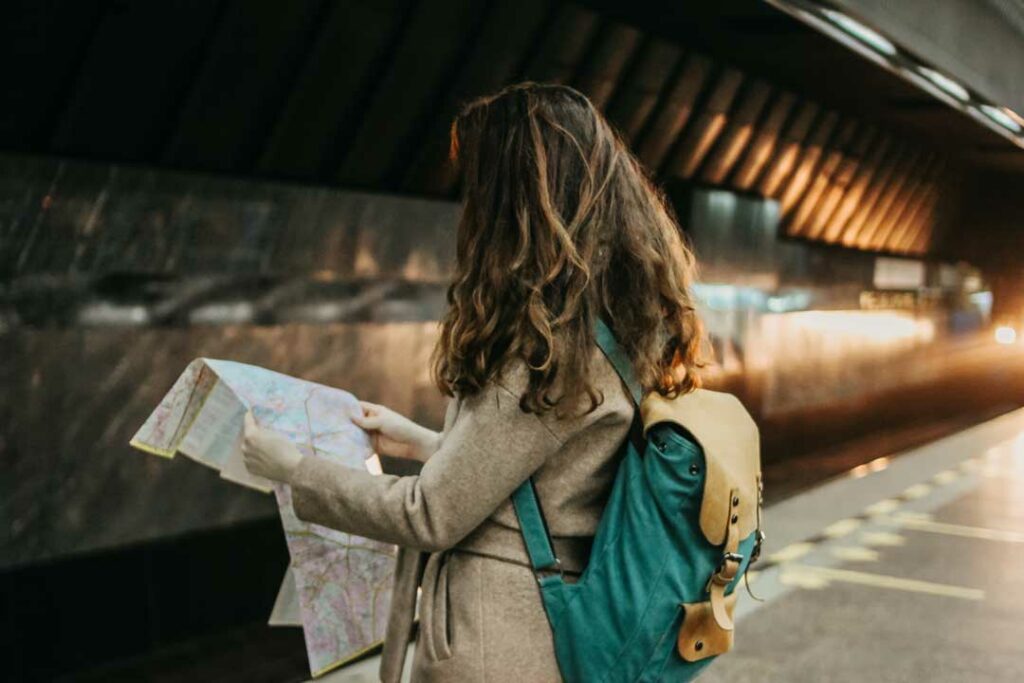
Traveling can be one of the most rewarding experiences in life. It opens your eyes to new cultures, helps you grow as a person, and gives you stories you’ll treasure forever.
But if you’re new to planning trips, it might feel overwhelming at first. Where do you even start? Flights? Hotels? What about packing?
Beginner Travel Checklist: How to Plan the Perfect Trip
Don’t worry—this beginner-friendly guide will walk you through each step to help you plan a smooth, stress-free journey.
Whether you’re heading to a quiet mountain village or a buzzing city, you’ll find this guide easy to follow and packed with helpful tips. Let’s get started!
1. Choose Your Destination Thoughtfully
The first and most important step is deciding where you want to go. Ask yourself:
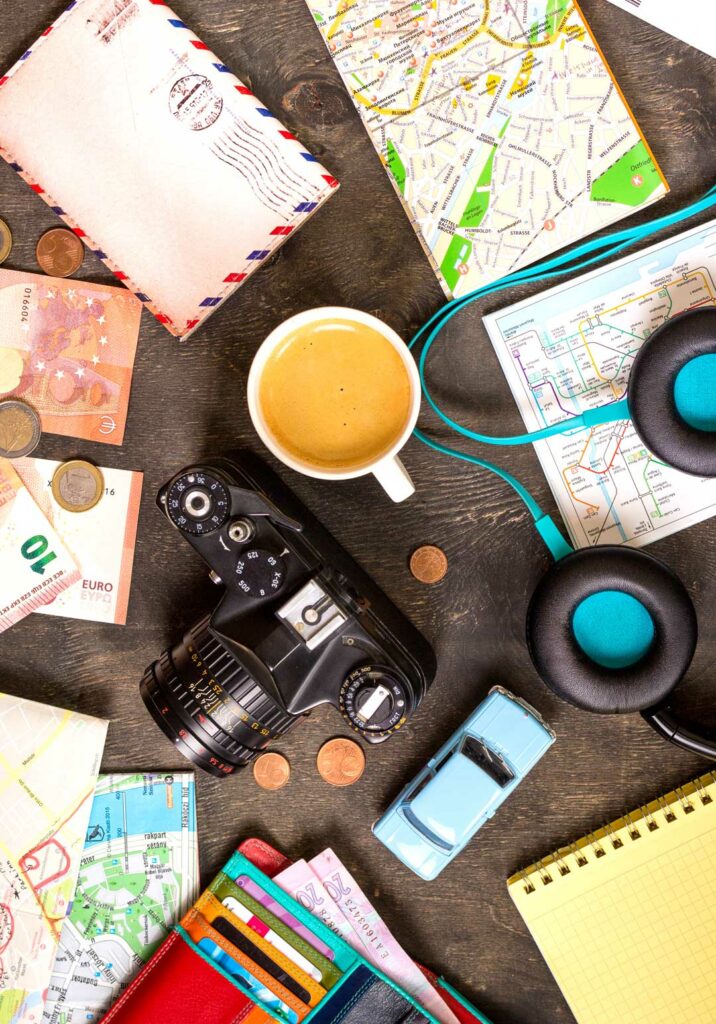
- Do I want a relaxing beach vacation or an adventurous trek?
- Do I prefer nature, history, food, or shopping?
- How far am I willing to travel?
If you’re unsure, take some time to browse travel blogs or watch videos about different places. Many bloggers share personal experiences, costs, and tips that can give you a clearer idea of what to expect. Don’t just go for a popular location—choose a place that truly excites you.
2. Set a Realistic Budget
Your budget will shape every part of your trip—from where you stay to how long you can go. Create a rough plan that includes:
- Transportation (flights, trains, buses)
- Accommodation
- Meals
- Sightseeing and activities
- Travel insurance
- Emergency funds
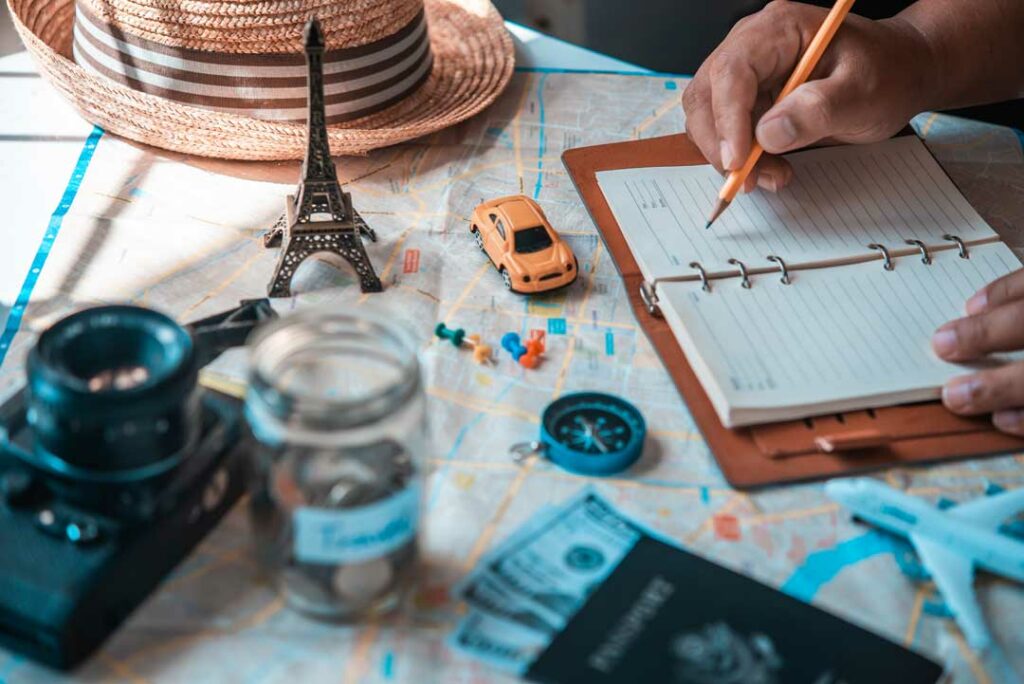
It’s smart to overestimate a little so you’re prepared for unexpected costs. Once you’ve got your budget, you can better narrow down your destination and trip length.
3. Pick the Right Time to Go
Timing can make a big difference. Prices, crowds, and weather change depending on the season. Research the best time to visit your chosen location. For example, traveling during the off-season can save you money and help you avoid tourist crowds. But you’ll need to check whether some attractions or services are closed during that time.
Don’t forget to check if there are any local festivals or holidays—you might want to attend or avoid them based on your preferences.
4. Book Your Transportation Early
Once you know your travel dates, start booking your transportation. This includes flights, trains, or even long-distance buses. Booking early often means better prices and more options.

Compare prices across multiple websites. Also, consider flexible travel dates if possible—sometimes leaving a day earlier or later can save you a lot of money.
Keep all your booking details saved in one place. You can use a travel app, a spreadsheet, or just a notebook to track them.
5. Reserve Accommodation That Matches Your Needs
Where you stay matters. Think about what’s important to you: comfort, location, price, or social atmosphere.
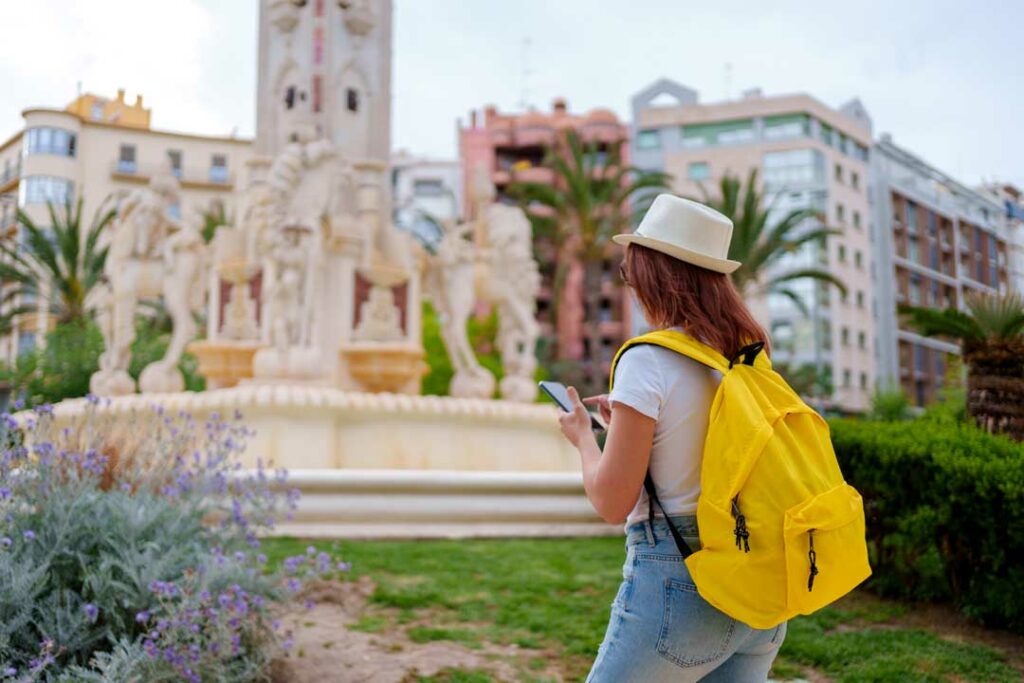
- Hotels are good for comfort and service.
- Hostels are budget-friendly and great for meeting other travelers.
- Apartments or home rentals can be ideal for families or longer stays.
Always read recent reviews before booking. Travel blogs often recommend hidden gems or budget stays that big travel sites may not show you.
6. Plan Your Activities, But Stay Flexible
Make a list of must-see places and things to do. Read travel blogs and guides to learn about the most interesting spots, tours, or local secrets.
Group activities by location to save travel time. But leave some free space in your schedule too—you might discover something amazing on the go, or just want a break.
If some popular places require tickets in advance (like museums or theme parks), book those early to avoid long lines or sellouts.
7. Sort Out Travel Documents and Insurance
Check if your passport is valid and if you need a visa for your destination. Some countries have simple online visa processes, while others take time—so don’t delay.
Also, buy travel insurance. It might feel like an extra cost, but it can save you from big trouble if you face delays, cancellations, lost luggage, or medical emergencies.
Keep digital and printed copies of your documents: passport, tickets, ID, and insurance details.
8. Pack Smartly, Not Heavily
Make a packing list ahead of time. Don’t wait until the night before! Start with basics like clothes, toiletries, chargers, and travel documents.
Pack based on:
- The weather at your destination
- The length of your trip
- Planned activities
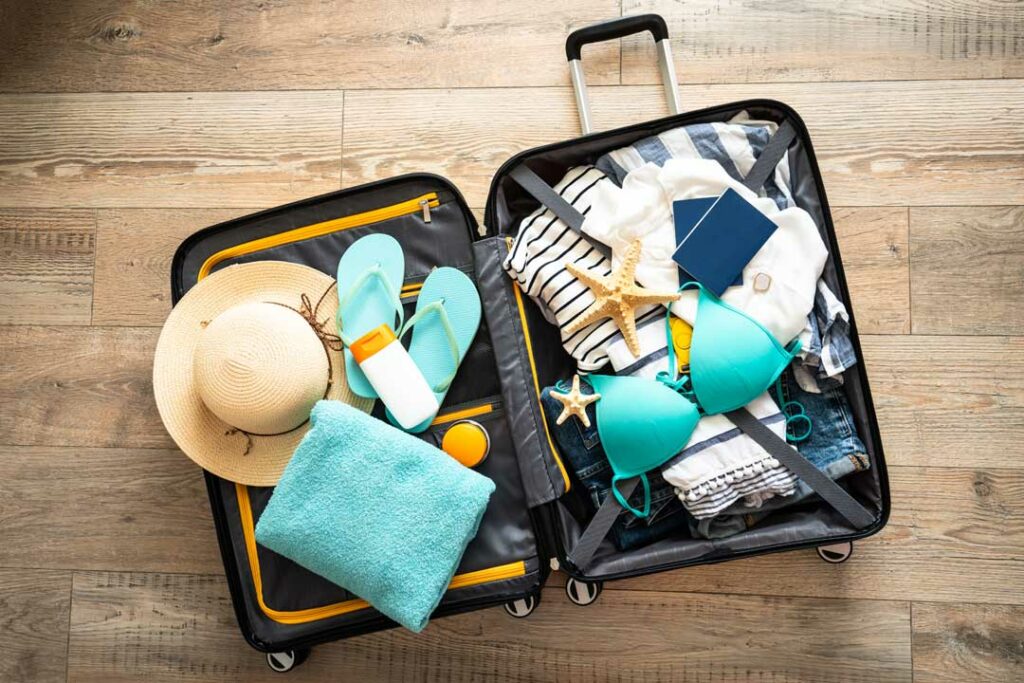
Avoid overpacking—you’ll be happier carrying less. A good rule is to pack layers instead of bulky items, and always bring a pair of comfortable shoes.
Don’t forget to include essentials in your carry-on: passport, wallet, phone, medications, and one change of clothes (just in case your luggage is delayed).
9. Stay Connected and Informed
Download maps and apps that work offline. Google Maps, language translators, and local transport apps can be life-savers.
It’s also a good idea to check travel advisories and health requirements for your destination. Some countries may require vaccinations or other health documents.
Share your travel plan with a family member or friend, so someone knows your whereabouts just in case.
10. Soak It All In
Once you arrive, take a deep breath. You made it! Give yourself time to adjust and get familiar with your surroundings.

Don’t rush through everything. Walk slowly. Talk to locals. Try the food. Watch a sunset. These little moments often become the best part of your travel memories.
And when you’re back, you can even start your own travel blog to share your story and help other beginners just like you.
First Time Travel Tips: How to Plan a Smooth and Stress-Free Trip
Planning your first trip doesn’t have to be hard. With the right steps, you can avoid most of the stress and focus on enjoying the journey. From choosing a destination to soaking up the experience, every part of travel has its charm.
Remember, travel isn’t just about going somewhere far. It’s about opening your mind, learning something new, and having fun. And the more you do it, the easier it gets. So go ahead—use this guide as your starting point and make your travel dream a reality.
If you ever feel stuck, reading personal tips and experiences on travel blogs can be a great source of inspiration and guidance.

Jessi is the creative mind behind The Coffee Mom, a popular blog that combines parenting advice, travel tips, and a love for all things Disney. As a trusted Disney influencer and passionate storyteller, Jessi’s authentic insights and relatable content resonate with readers worldwide.


